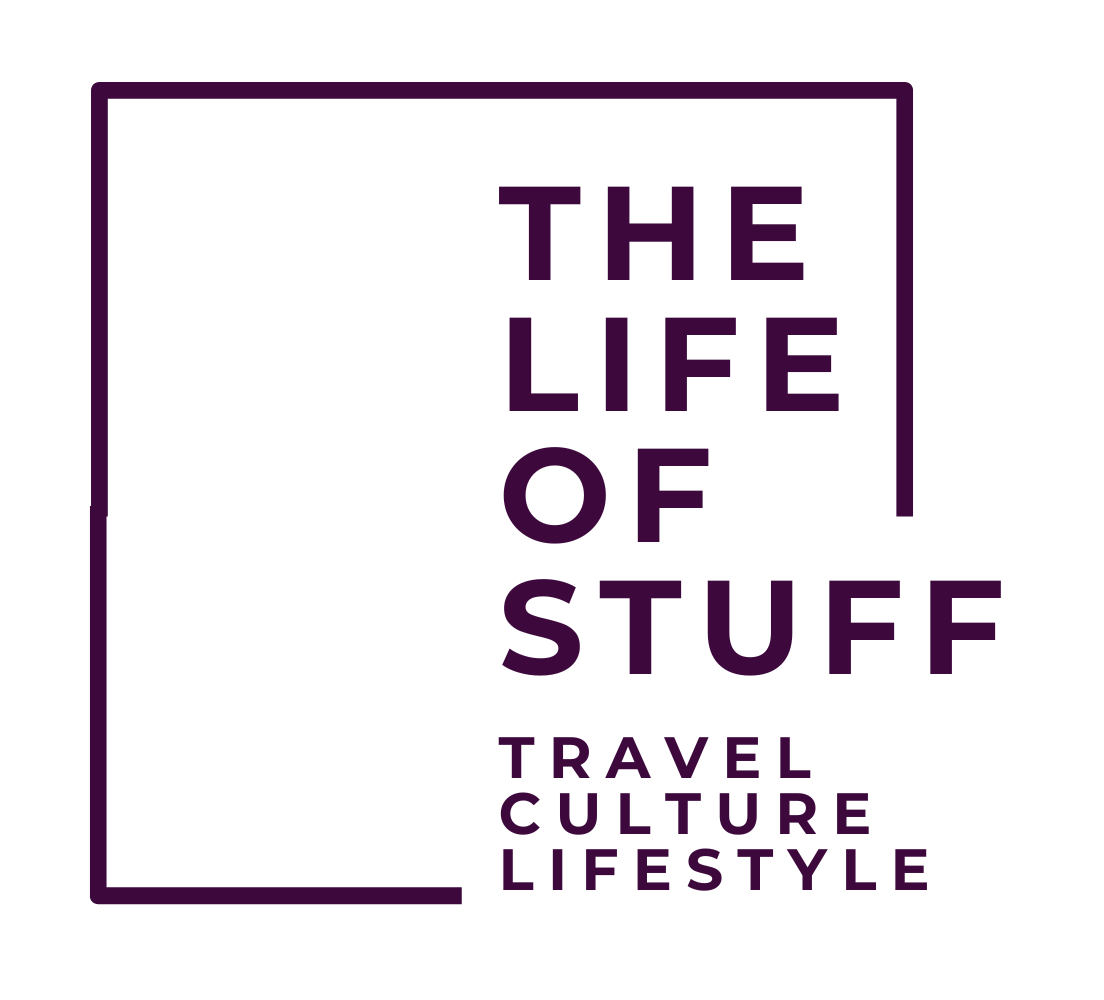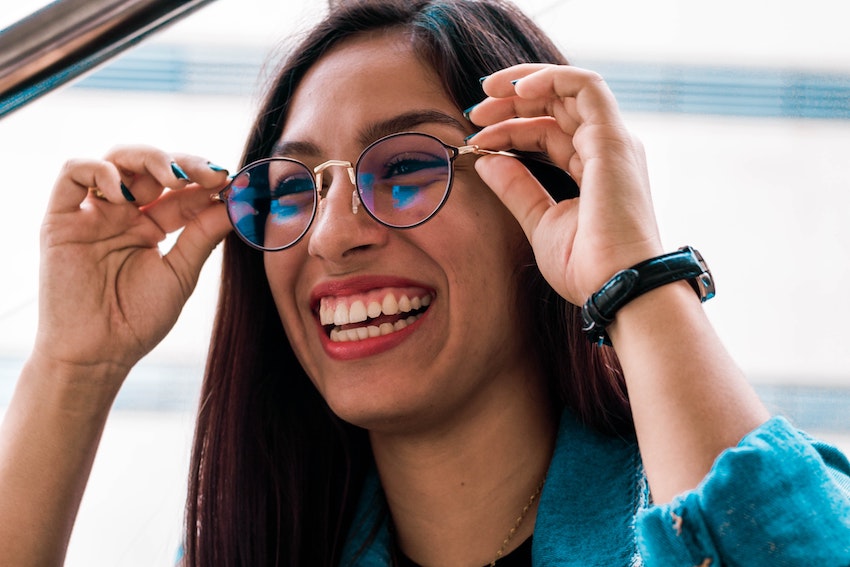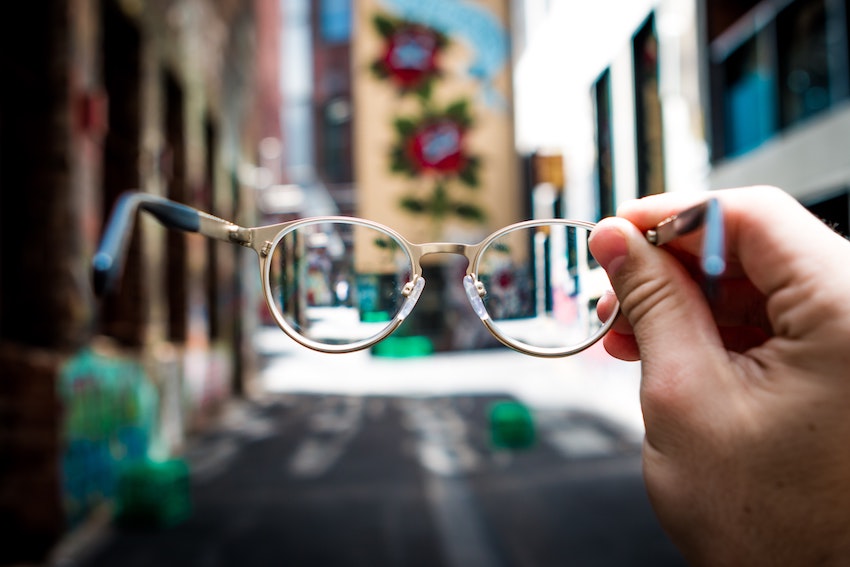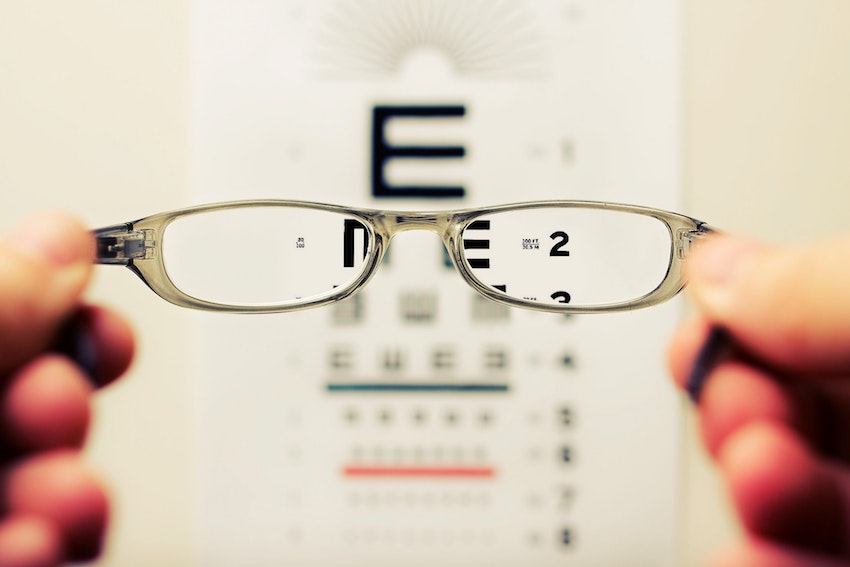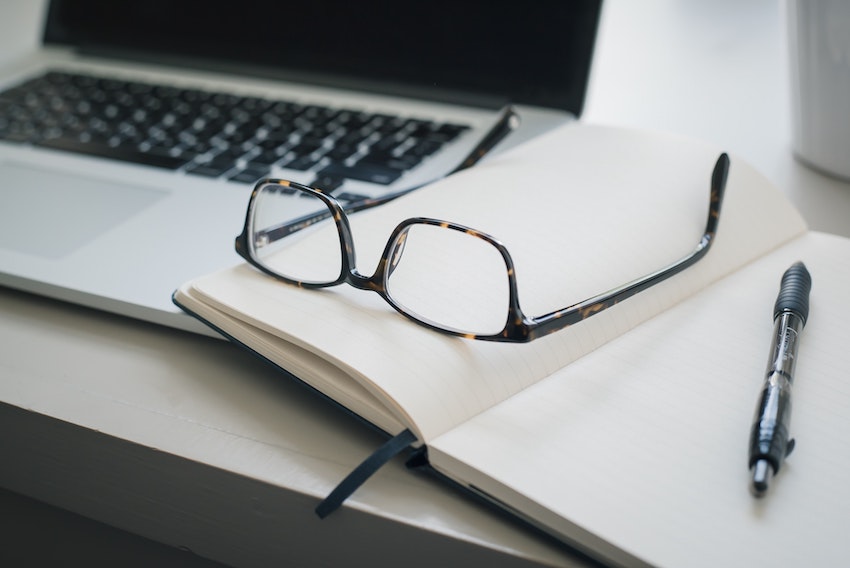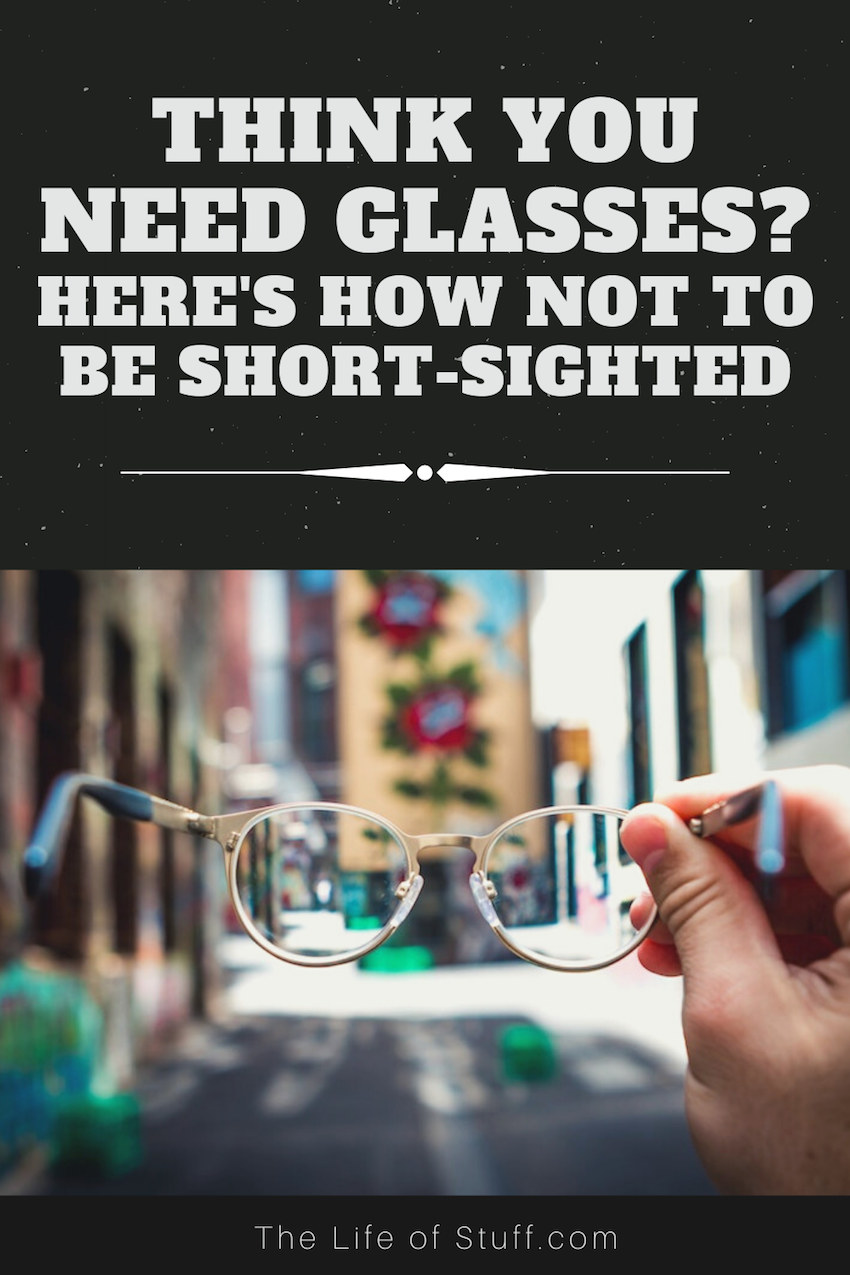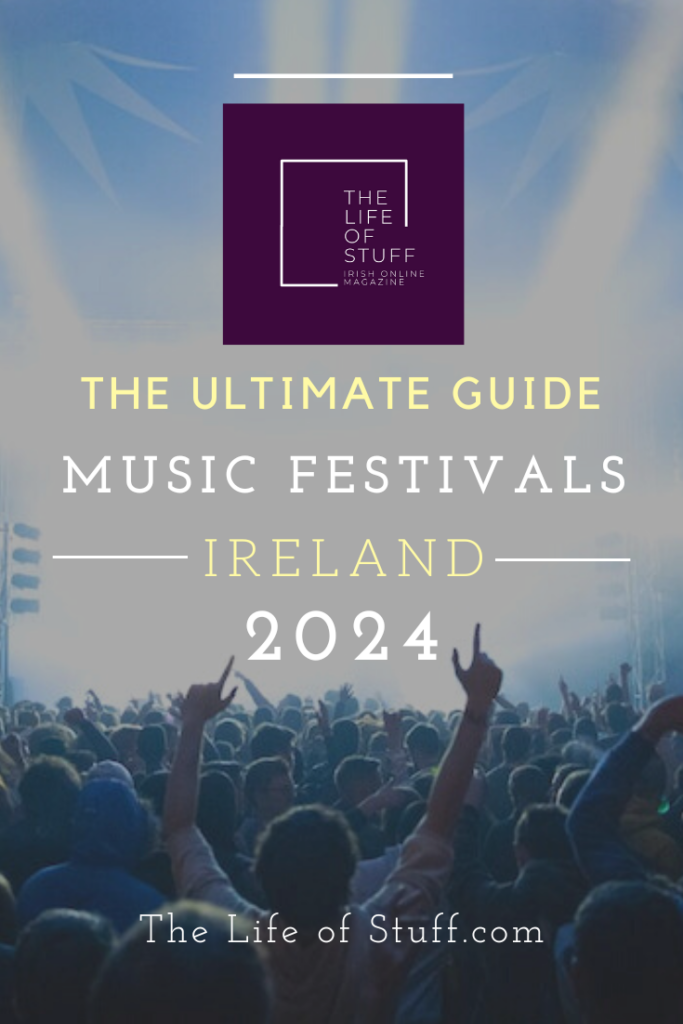Here’s How Not to Be Short-sighted
Many people around the world wear glasses or contact lenses on a daily basis. In fact, around 48% of adults in Europe do! This is a pretty high percentage. It’s estimated that only 35% of adults have 20/20 vision, meaning that they can see perfectly without any eyewear whatsoever. That leaves the other 65% of us with the need for some kind of correction or enhancement of our ability to see.
Photo by Susan Duran on Unsplash
Even if you have never had glasses or considered wearing them, that doesn’t mean you don’t need them. A lot of people go through life squinting and straining their eyes, not realising the extent of their need for glasses until they try them for the first time! Here are some symptoms that mean you might need to take an eye test.
Photo by Josh Calabrese on Unsplash
Symptoms that Mean you Might Need to Take an Eye Test
- Tension headaches. These are headaches that are felt sharply across the brow bone and forehead. Tension headaches can occur for many different reasons, but one of them is straining your eyes. If you find you are getting more and more tension headaches, consider seeing an optician.
- Your distance vision is getting blurry. If there’s a point of focus out of your kitchen or bedroom window, like a road sign or a particular tree you see often, try focusing on it. If it seems blurry or more faded than it used to be, you might need glasses.
- You can’t see things close-up. If you are long-sighted, it means you can see things further away, but not when they are close to you. If you struggle to read a book at close range, you need glasses.
Photo by David Travis on Unsplash
Entering Your Eye Exam With Know-How
When you book your first eye exam, you may be wondering what to expect. An Opticians appointment is not unlike a doctor’s appointment; you will enter a small room with quite a few pieces of crazy-looking equipment. Don’t worry, the Optician will not do anything invasive like touching or poking your eye!
The optician will ask about your occupation, such as whether you work in bright sunlight, or stare at a screen for most of the day. This will help them determine the kind of glasses you might need. Next, the Optician will provide a series of tests, by displaying letters on the board in front of you. They will change the lenses in front of your face and ask you whether they make the images clearer or blurrier. Eventually, this will help determine the prescription strength you require.
The Optician will also usually take a small image of your eye, so they can examine if there is something more seriously wrong. Usually, though, there won’t be much to see, other than a regular eyeball zoomed in up close!
Photo by Laurenz Kleinheider on Unsplash
Buying The Right Glasses
After your eye exam, your Optician will pass your prescription to you – and here comes the fun part! Choosing your frames. Depending on the company you access your eye test through, there may be deals which you can learn about through the customer service representatives in-store or online. But is there more to picking your frames than just finding the best deal?
In short – yes. The frames you choose are likely to be worn by you every day, or almost every day, so the important thing is that they make you feel confident. If they are a little out-there in style, shape or colour, then power to you! Just remember that they will be worn with most outfits, and seen by most of your colleagues and friends daily. In a similar way, it is useful to go for good quality glasses over the cheapest available. You don’t have to opt for the highest-level designer frames to access good quality, but you should try to aim for the highest quality glasses within your budget.
Photo by Trent Erwin on Unsplash
The Lenses
Once you have chosen your frames, you can also add different qualities and additions to the lenses. Your Optician will glaze the lenses with the correct prescription into the frames you choose over a number of days, but you can also opt for more than just this simple procedure.
Blue light filter glasses are often recommended by opticians for people who look at screens during their working day. These lenses essentially filter out harmful blue light emanated by screens, helping to protect your eyes. You could also go for an extra pair of prescription sunglasses with darker lenses.
Final Thoughts
If you feel like you need glasses but are worried about having to splash out, fear not! There is always a way to achieve cost-effective solutions to your vision troubles. Contact your local Optician to find out more.
PIN IT:
*****
Follow The Life of Stuff on Facebook | Twitter | Pinterest | Instagram
